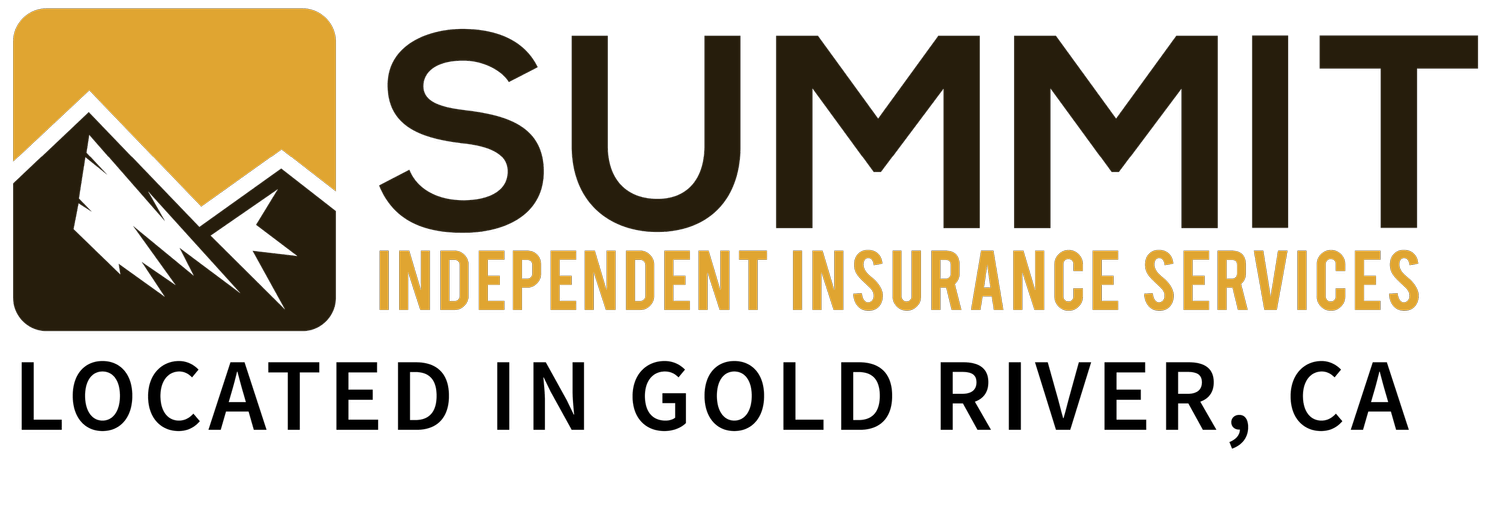Avoiding 5 Crucial Medicare Enrollment Mistakes
Selecting the right Medicare plan is crucial choice with significant impact on your access and cost to access healthcare, but with the variety of options available, it's easy to make mistakes with serious consequences. Avoid the top five mistakes Medicare enrollment mistakes by staying well-informed.
1. Enrolling at the Wrong Time
Enrolling in Medicare by age 65 is the norm for most individuals, particularly those with retirement plans, ACA plans, Cobra Insurance, Tricare Insurance, or working in companies with fewer than 20 employees. These insurance plans assume you will enroll in Medicare and become secondary payers for clients over 65. For timely enrollment, individuals should be aware of the Initial Enrollment Period (IEP) around their 65th birthday. Those who delay, including those remaining on employer insurance at larger companies, can use the Special Enrollment Period (SEP) to avoid penalties. However, prolonged delays can result in penalties and higher premiums. In many cases switching to Medicare may be the right choice even if you are still eligible for employer insurance.
2. Only Having Medicare Part A and B
Medicare Part A and B provide basic coverage but have notable “gaps” including extended hospital stays, some outpatient procedures, and specific prescription drugs. Medicare-eligible individuals hold over $200 billion in medical debt as of 2023 due to these coverage "gaps", underscoring the need for comprehensive coverage. There are several insurance options to cover these gaps, Supplement Plans (Medigap), Advantage Plans (Part C), and Part D.
3. Not Understanding Supplemental vs. Advantage Plans
Supplemental plans (Medigap) are tailored to bridge the coverage gaps in Medicare Part A and B. However, they don't include Part D prescription coverage, which must be purchased separately. Their stability is a highlight; once you have one, it remains consistent, even if you relocate or the specific plan (designated by letter F, G, N, etc.) you got is taken off market for new enrollment.
Conversely, Advantage Plans adopt a pay-as-you-go approach and typically encompass everything, including Part D. However, they come with limitations, particularly in the choice of providers. Their terms can vary yearly, and transitioning from an Advantage Plan to a Supplement Plan can pose difficulty outside certain periods.
4. Choosing Based on Premiums Alone
It's tempting to be lured by the appeal of $0 premiums. However, the cheapest option isn't always the best in the long run. While an Advantage Plan with no premium might seem attractive, you must consider potential out-of-pocket costs and future rate increases. It's essential to look beyond the initial price tag and understand the long-term financial implications of your choice.
5. Not Getting a Part D Prescription Drug Plan
Medicare Part A and B have their strengths, but when it comes to medication coverage, they fall short. They only cover professionally administered medications, excluding self-administered drugs (most prescriptions you get at the pharmacy). Without a Prescription Drug Plan, you could find yourself facing high out-of-pocket costs for essential medications. However, there are exceptions. If you receive medications through the VA or Tricare, you might already have drug coverage.
Avoiding Crucial Medicare Mistakes
Selecting a Medicare plan is a significant decision that can have lasting financial and health implications. By being aware of these common mistakes and seeking guidance, you can make an informed choice that serves your needs both now and in the future. If you have questions or need assistance in selecting the right Medicare plan, don't hesitate to reach out to our licensed insurance agents for personalized advice.



